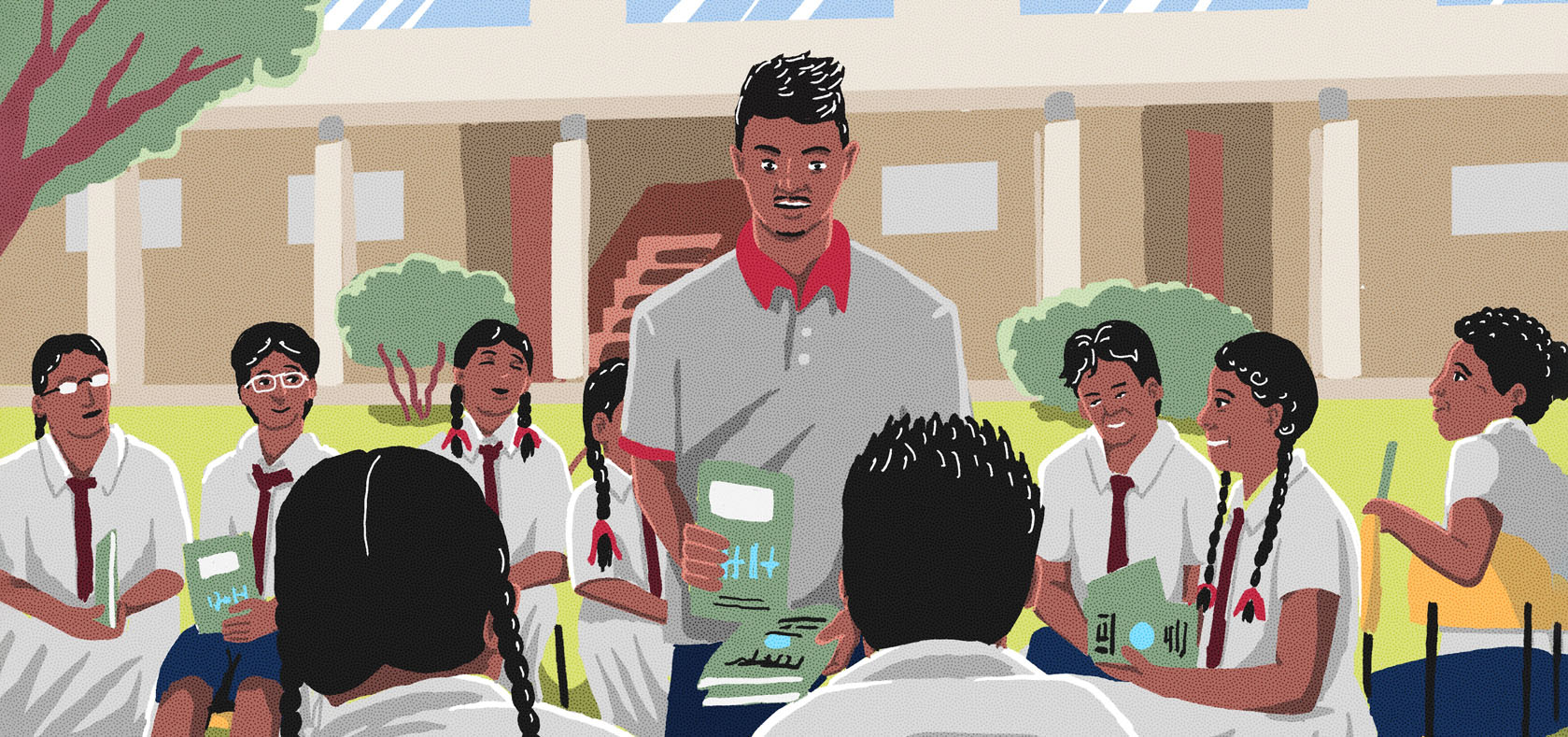In the words of Ishan Priyaranga: “Every day is reminiscent of the need for gender equality in Sri Lanka”
Date:
Interviewed by Sakina Aliakbar

Ishan Priyaranga, 27, is Minister of Public Transport (Kalutara District) in the Youth Parliament of Sri Lanka. In October 2021, Priyaranga attended a series of “multi-party dialogues” that UN Women hosted as part of its project, funded by the Government of Japan, on implementing the Women, Peace and Security Agenda in Sri Lanka.
“Every day is reminiscent of the need for gender equality in Sri Lanka. I have seen many instances where women have been subject to sexual harassment in public transport. This calls for urgent action for women’s rights to be protected, and for their voices to be heard.
While there is representation and involvement of women at the Divisional Secretariat and grassroots level, leadership roles filled by women often fizzle out at the local and national level. It is evident that men will receive more opportunities than women, and currently we have a budget of less than 3 per cent allocated for women’s issues.
For change to happen, we must transform the conservative and patriarchal mindsets of policymakers and the general public. If this does not happen, we run the risk of hampering real change for women and girls, especially when it comes to addressing issues regarding menstrual health and hygiene, sex education, and sexual exploitation and violence, particularly in rural areas.
Working at the Youth Parliament, I am more and more inclined to make space for women and young people in our society, particularly in the context of peace and security. As young people, we have the power to create movements. We can challenge patriarchal attitudes and contribute to reducing gender inequalities that marginalize women and girls.

UN Women’s multi-party dialogues were very beneficial to us as we understood issues related to gender equality on a macro level. We learned about international frameworks and good practices, which has allowed us to research and troubleshoot in a more effective manner. Every day, we receive practical knowledge on various issues, but these programmes have provided us with the theoretical frameworks we can use in our daily work.
I believe a time for significant change has come. In looking towards the future, I strongly think we as young people have a responsibility to speak up against racist and misogynistic ideologies. We are seeing this happen in some areas of the country. I really do encourage it to happen on a larger scale.”